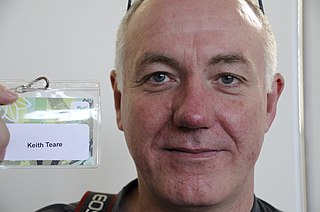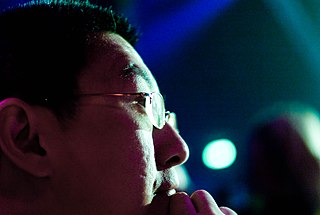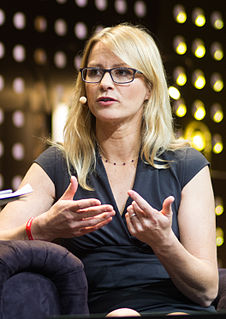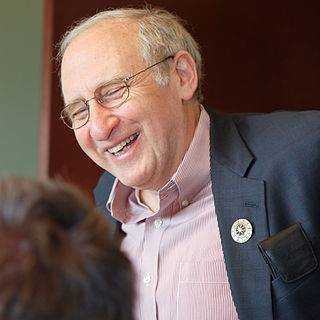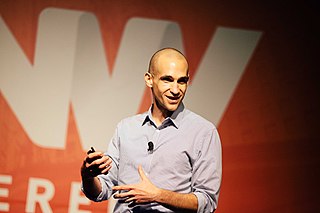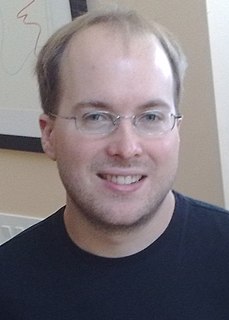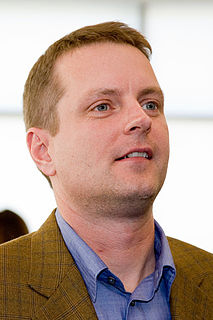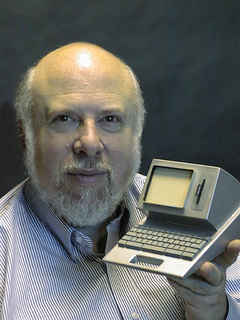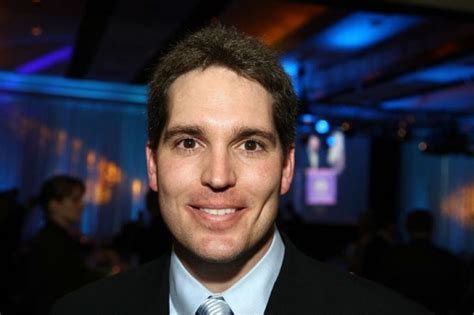Top 720 Users Quotes & Sayings
Explore popular Users quotes.
Last updated on December 21, 2024.
You know, no one should be marginalized in society when it comes to health. And, you know, we have - as a foundation, we have tried to champion those people [sex workers, needle users, intravenous drug users, prostitutes] and be by - be by their side and say, listen, these people cannot be forgotten. If you forget about them, then the disease is never going to go away.
On the Web, usability is a necessary condition for survival. If a website is difficult to use, people leave. If the homepage fails to clearly state what a company offers and what users can do on the site, people leave. If users get lost on a website, they leave. If a website's information is hard to read or doesn't answer users' key questions, they leave. Note a pattern here?
From the very first inkling of a concept, founders need to gather a target group of five to ten potential users to begin the feedback loop. We all think we know how the market will react to new ideas, but actual users live with the pros and cons of the existing market conditions every day. They are the market experts.
Authors and publishers want fair compensation and a means of protecting content through digital rights management. Vendors and technology companies want new markets for e-book reading devices and other hardware. End-users most of all want a wide range and generous amount of high-quality content for free or at reasonable costs. Like end-users, libraries want quality, quantity, economy, and variety as well as flexible business models.
Developing fewer features allows you to conserve development resources and spend more time refining those features that users really need. Fewer features mean fewer things to confuse users, less risk of user errors, less description and documentation, and therefore simpler Help content. Removing any one feature automatically increases the usability of the remaining ones.
Letting users control your site can be terrifying at first. From day one we were asking ourselves, "What is going to be on the front page today?" You have no idea what the system will produce. But stepping back and giving consumers control is what brought more and more people to the site. They have a sense of ownership and discovery at the same time. If you give users the tools to spread and share their interests with others, they will use them to promote what is important to them.
On the Facebook side, I think it's a bit of an evolution, in that that company, which has clearly done amazing things, was, I believe, as an outsider looking in, was founded on a culture that was obsessive about the users. And they built a service that is very valuable for users, and that is to be applauded.
Users scan a page looking for trigger words. If they find a trigger word, they click on it but if they don’t find it, they go to search. That’s the way it works on 99% of sites, although Amazon is an exception. That’s because Amazon has done a great job of training users to know that absolutely nothing on the home page is of any use.
Proprietary software keeps users divided and helpless. Divided because each user is forbidden to redistribute it to others, and helpless because the users can't change it since they don't have the source code. They can't study what it really does. So the proprietary program is a system of unjust power.







